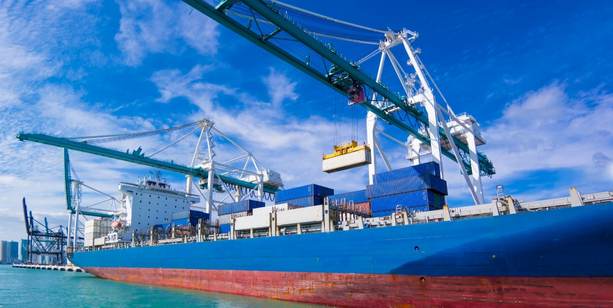
It comes as no surprise that many SMEs opt to expand their markets outside of their native nations and participate in the global economy given the newfound ease that they are finding in the business of international supply and sales. However, there is always a chance of making mistakes when you rush into something while using technology and being motivated by excitement.
But it doesn’t have to be that way; after all, information is power, and if you know the most typical international shipping blunders, you can steer clear of them as you grow your small to medium-sized business and enter new local markets.
In order to increase your awareness and encourage you to learn from others’ mistakes rather than creating your own and suffering their often expensive consequences, this article will quickly describe some of those faults.
Put these international shipping errors on your list of things to avoid.
- Lack of Knowledge of Customs Regulations: While you could be able to send your products, let’s instance, to Japan without any problems, the same products might need an import license or some other kind of certification in the United Kingdom.
- Getting the timing wrong: Timing is crucial when importing supplies or products from a foreign source, as well as when shipping your items to clients or distribution centers abroad. Your global supply chain could collapse if you don’t accurately estimate shipping times and cutoff dates when organizing incoming shipments or guaranteeing delivery to clients.
AWARENESS OF TRANSIT TIMES
Before committing to any plans or promises that depend on the arrival of your shipment, make sure to know the maximum amount of time it is likely to travel. Even though it makes little sense to account for any delays in import or export customs clearance, you should at least be aware of how long it normally takes for a shipment to transit.
Keep in mind that even if you choose to send your goods by air rather than by sea, the overall transit time will be far longer than the time it takes to fly from the airport of loading to the airport of discharge.
REMEMBER THE PERIOD OF VALIDITY FOR FREIGHT QUOTES
The amount of time that passes between getting a quote from a traditional or online freight forwarder and the quote expiring is another scheduling issue that frequently confuses new international shippers. If you wait until the quote expires, you won’t be able to schedule your shipping and may experience a delay in getting a new estimate.
With an online forwarder, the issue is less likely to arise because you will likely get a new quote right away, but if you work with a traditional forwarder, it might take a few days before you get a new freight price.
ProConnect Integrated Logistics – Your Warehousing & Freight Forwarding Partner
A third-party logistics firm can help shippers mitigate a variety of risks throughout the supply chain by outsourcing certain logistics functions. By partnering with a 3PL, a shipper can free up time to concentrate on his or her core competencies without suffering from the ever-shifting logistics landscape.
If you are looking for a partner to take care of all your logistics hassles, talk to us.





 APP DOWNLOAD
APP DOWNLOAD